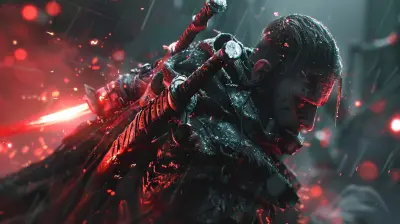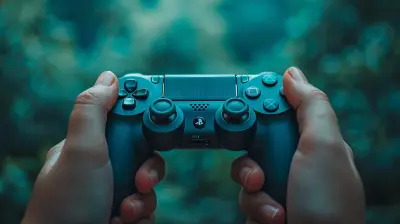Are the Early Game Characters Memorable or Forgettable?
26 September 2025
Let’s talk about something we’ve all wondered but rarely discuss: the early game characters in video games. You know, the ones you meet in the first few hours of gameplay—whether they’re your trusty sidekick, a world-weary mentor, or perhaps even that quirky NPC who serves as little more than a glorified tutorial guide. Are they truly memorable, or do we just forget them the moment we level up and move on to cooler stuff? Honestly, it’s a gray area, but a fascinating one at that.
So, grab a health potion, and let’s dive deep into this topic. What makes some of these early characters iconic, while others fade into obscurity like a low-level enemy you loot for coins and never think about again? Warning: there will be nostalgia, overthinking, and maybe even a sprinkle of sarcasm. Let’s get into it.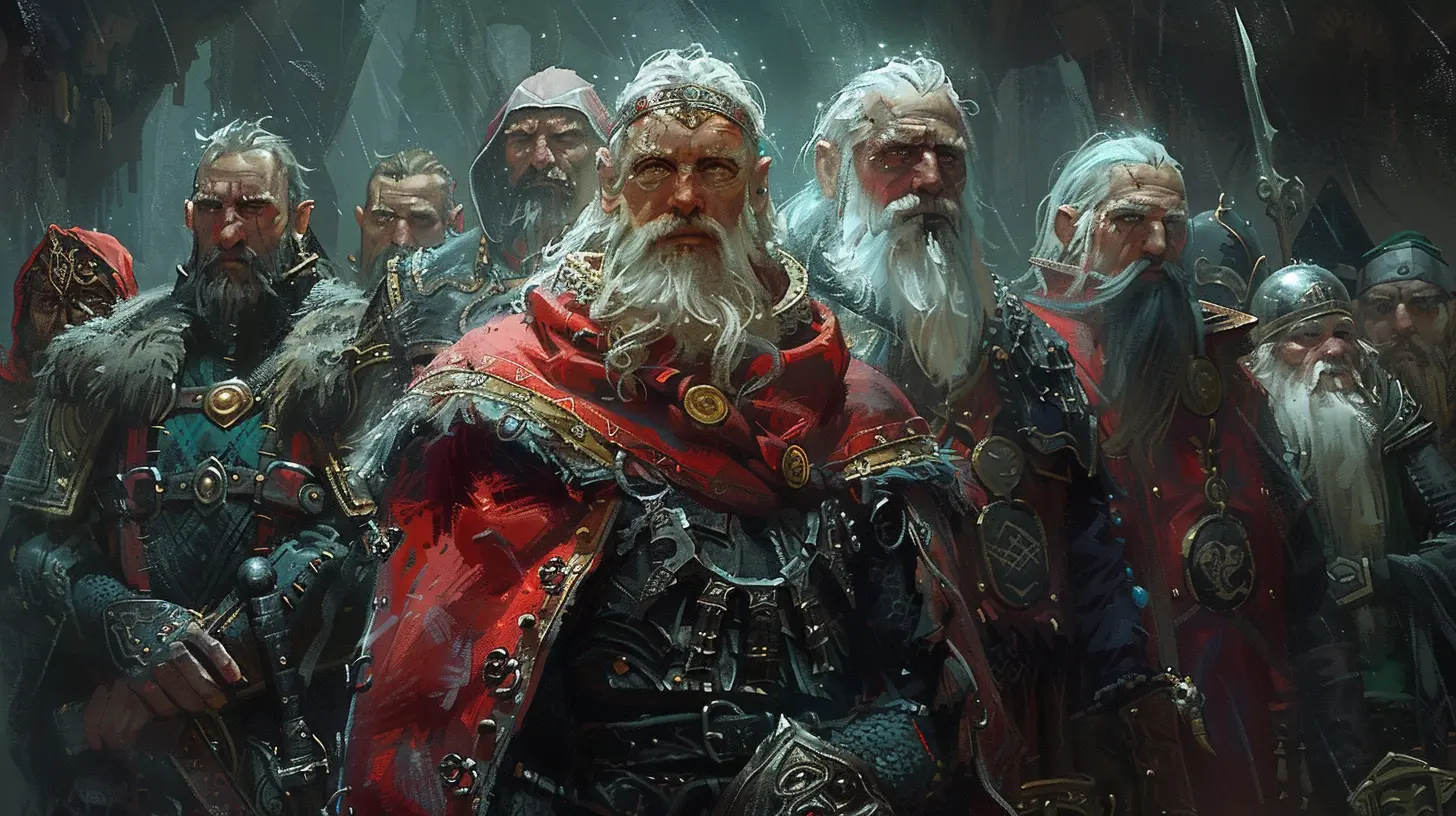
Early Game Characters: Why Do They Even Matter?
First, let’s address the real question—why should we care about early game characters in the first place? The thing is, these characters play a crucial role. They set the tone for the game, provide vital exposition, and often serve as your anchor in a brand-new world. Think of them as the opening credits of a movie. They’re not the main plot, but they introduce you to what’s coming. If they're done right, they pull you in; if they’re forgettable, you might find yourself disengaged even before the story truly starts.Let’s be real: these characters are often our first impression of a game. Just like meeting someone at a party, they can either charm you or make you immediately want to leave. And that’s something no one wants, especially after shelling out $60 for a new game.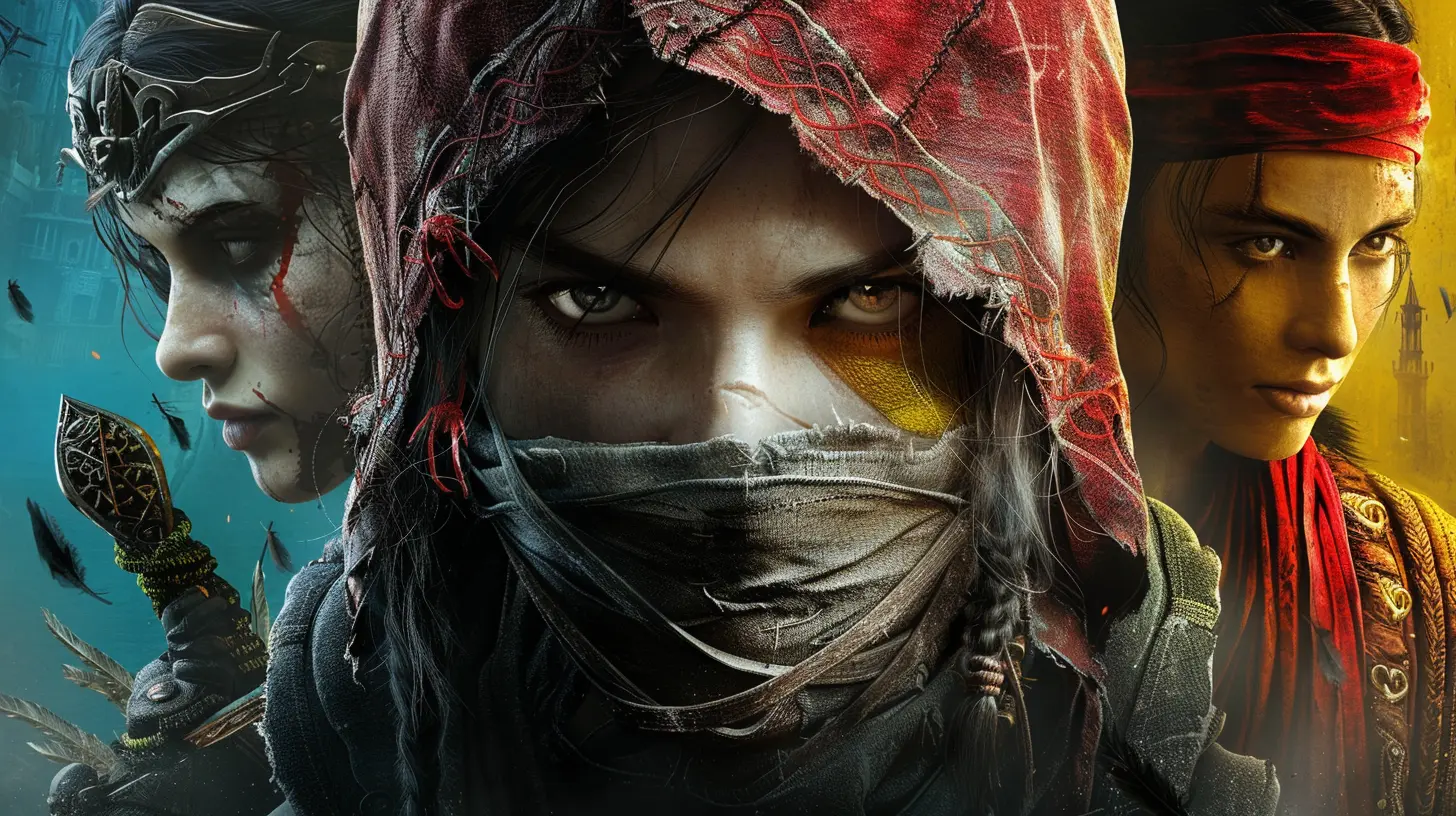
What Makes an Early Game Character Memorable?
Okay, so what’s the secret sauce? Why do some early game characters stick with us long after we’ve finished the game, while others are just...there? It usually boils down to three things: personality, purpose, and presentation.1. Personality
Memorable characters don’t just exist—they live. They have quirks, flaws, and something about them that stands out. Think of someone like Claptrap from Borderlands. Sure, he’s a loud, annoying robot, but that’s what sets him apart! Love him or hate him, you know Claptrap. On the other hand, how many of us remember the generic knight NPC from insert fantasy RPG here? Exactly.A good personality doesn’t always mean being likable, though. Some characters are memorable because they’re obnoxious, creepy, or downright sinister. Remember Navì from The Legend of Zelda: Ocarina of Time? “Hey! Listen!”—those words probably haunt your dreams to this day. Annoying? Yes. Memorable? Oh, absolutely.
2. Purpose
Characters who serve a real purpose in the narrative or gameplay are way harder to forget. Think of Cortana in Halo. She’s not just there to guide you through the story—she is the story in many ways. Her relationship with Master Chief evolves over time, and you actually care about her. That’s purpose, folks.Contrast this with the countless tutorial characters who exist solely to remind you to press “X to jump.” These are the characters we forget immediately because they feel more like tools than people. No offense to Mr. "Press B to Dodge," but we’re not putting you in our Top 10 Characters list.
3. Presentation
Lastly, presentation is key. A character’s design, voice acting, and introduction can make or break them. Take Aerith from Final Fantasy VII. Her soft-spoken kindness, coupled with that iconic theme music and flowery aesthetic, makes her unforgettable right from the start. The game doesn’t just tell you she’s important—you feel it. And boy, does that pay off later in the story.Compare that to the underwhelming blacksmith in Insert Generic RPG Title Here. If your NPC looks like every other background character and talks like they’re reading off a script, chances are they won’t leave a lasting impression.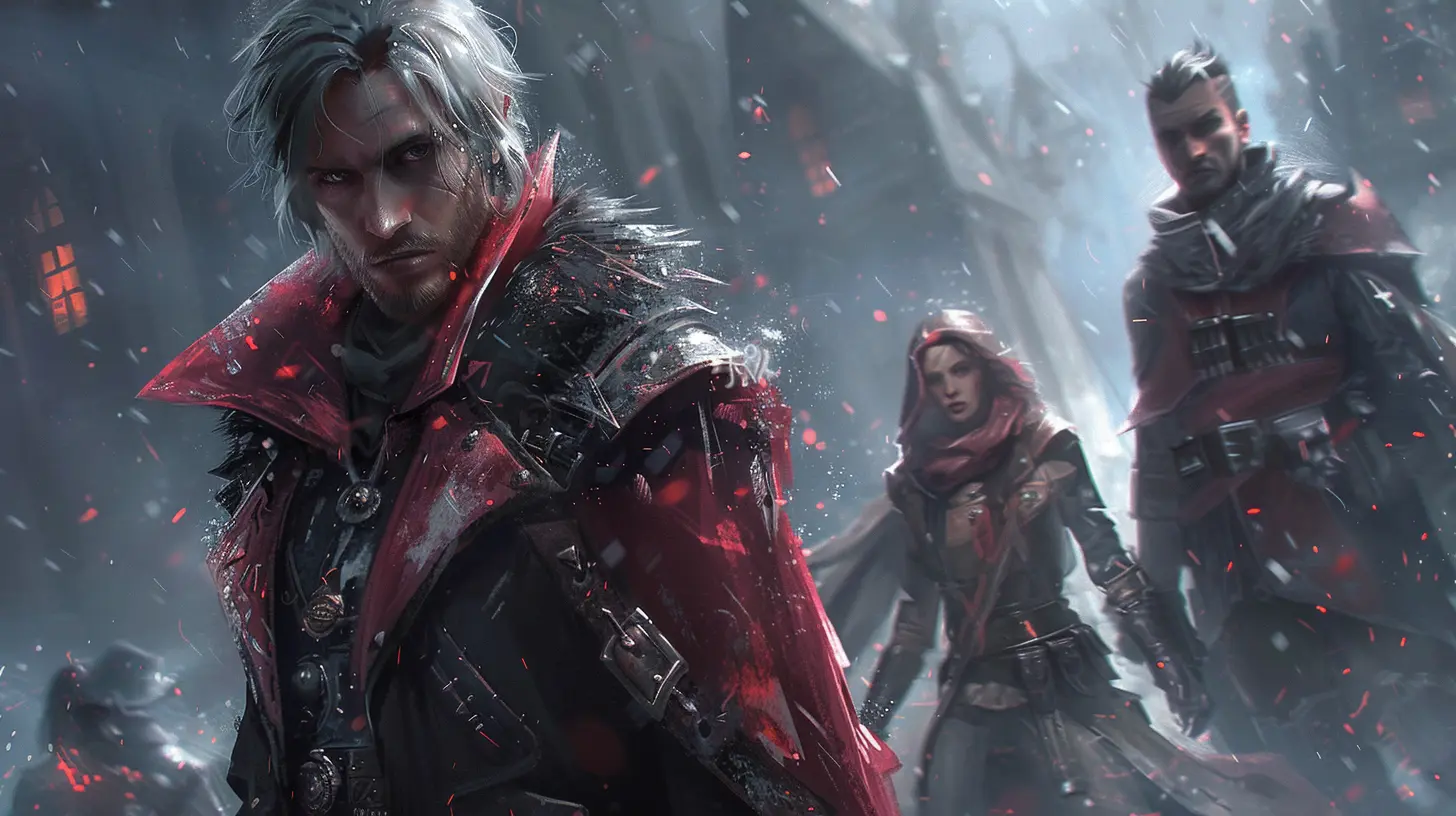
The Nostalgia Factor: Are We Biased?
Here’s a spicy take: a lot of our love for early game characters comes from a big ol’ dose of nostalgia. Yep, I said it. Sometimes, these characters aren’t all that special, but because they were part of that game we played as kids, they feel larger than life.Take the starters in Pokémon, for example. Bulbasaur, Charmander, and Squirtle are objectively pretty simple in terms of character design, but they’re legendary because we bonded with them. (Who else can vividly remember the pain of choosing between them?) Fast forward to newer Pokémon games, and you’ll hear fans complaining that the current starters aren’t as memorable. But is that really the case? Or are we just wearing nostalgia goggles so thick they’d impress Professor Oak?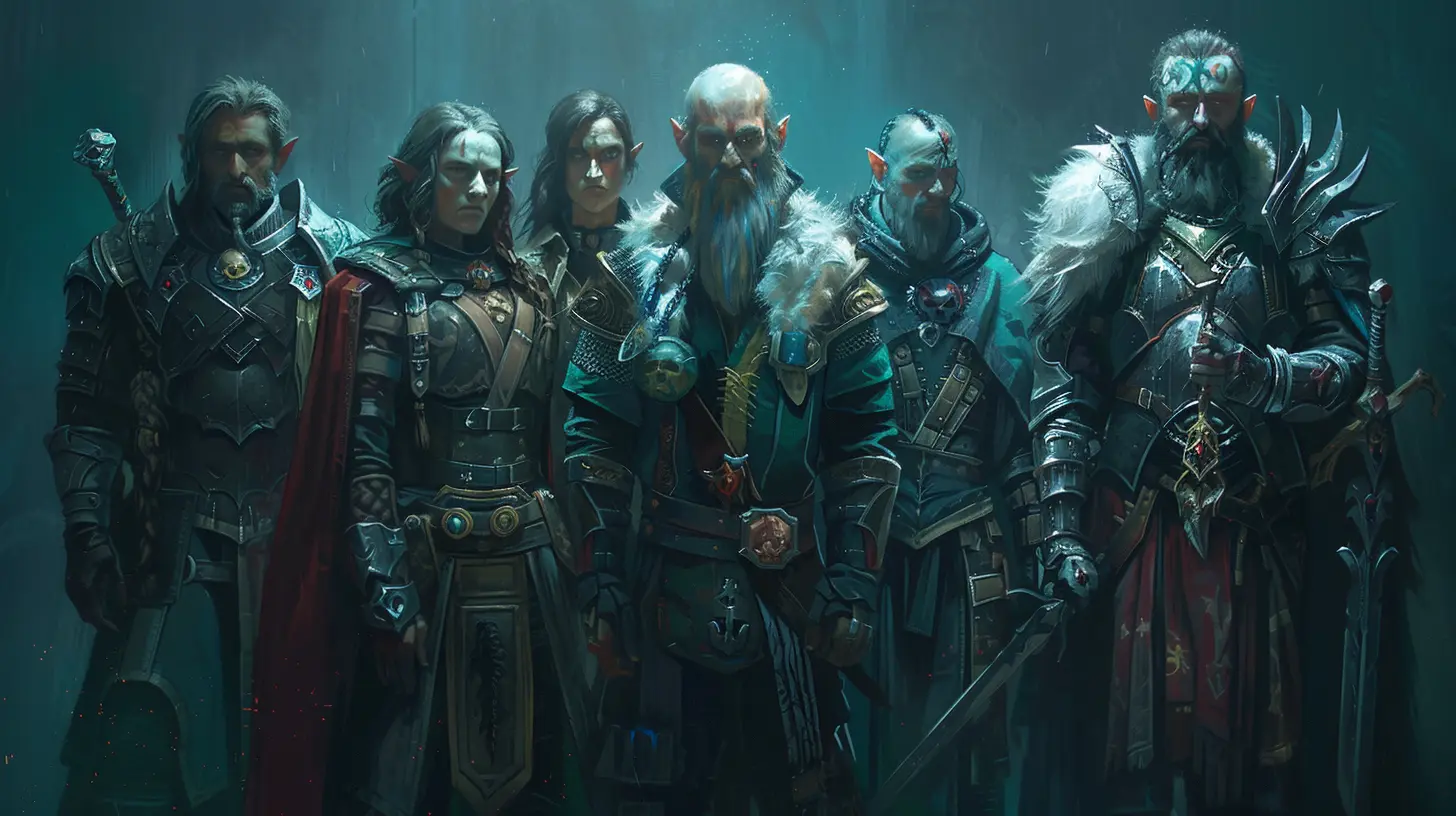
Examples of Memorable Early Game Characters
Let’s look at some characters who nailed it. These are the MVPs of early game design—the ones we’re still talking about years later.1. Leonardo Da Vinci (Assassin’s Creed II)
Yes, the actual historical figure. Ubisoft gave us a version of Leonardo that’s charming, funny, and incredibly useful. He’s like the weird uncle who also happens to build you cool weapons. From his introduction, he feels like someone you'd want by your side, and his role in the game only grows as you progress.2. Dogmeat (Fallout Series)
Man’s best friend, but make it post-apocalyptic. Dogmeat doesn’t have dialogue or flashy character development, but the bond you form with him is unforgettable. Seriously, more people would probably sacrifice a human NPC than let anything bad happen to Dogmeat.3. Kim Kitsuragi (Disco Elysium)
Kim is technically a sidekick, but calling him that feels like an insult. He’s complex, stoic, and somehow manages to put up with all your bad decisions. His quiet wisdom and dry humor make him stand out from the very moment you meet him.The Forgettable Ones: Who Are They Again?
Now, for balance, let’s talk about the flip side—characters so unremarkable you forgot about them before the tutorial even ended.1. The Royal Advisor (Generic Fantasy Game X)
You know the type: they’re there to give you your first quest, explain the kingdom’s woes, and then vanish into the ether. They’re not bad per se, but they’re functional at best. No personality, no purpose beyond exposition. A walking Wikipedia page in a cloak.2. Unnamed Guards or Soldiers
Raise your hand if you can remember the name of the first soldier you meet in any shooter game. Yeah, me neither. They’re usually just there to yell things like “We’re under attack!” or “Cover me!” before promptly getting killed. Sorry, random guy—I’m sure you had dreams once, too.Why Do Some Games Fail at Early Characters?
So, why do some games drop the ball when it comes to early-game characters? It’s rarely intentional. Sometimes, the focus is so heavily placed on mid- or late-game twists that the writers treat early characters as disposable placeholders. Other times, the sheer scale of the world means developers have to sprinkle in filler NPCs to flesh things out. Unfortunately, this can lead to a bloated cast that’s hard to care about.Conclusion: Memorable or Forgettable?
At the end of the day, whether an early game character is memorable or forgettable often comes down to a mix of design, purpose, and how much the player connects with them. While some games give us characters we’ll cherish forever, others leave us with a trail of NPCs who we barely remember after clicking through their dialogue.But hey, maybe that’s the beauty of it. For every forgettable tavern owner, we get someone like Garrus Vakarian, Aerith Gainsborough, or even Dogmeat. And really, isn’t it kind of amazing that video games have the power to create characters who stick with us, years after we’ve put the controller down? It’s like meeting someone on a random Tuesday and realizing they’ve changed your life, even if you didn’t see it coming.
So, next time you boot up a game, take an extra moment to appreciate that early friend or foe. You never know—you might just be meeting your new favorite character.
all images in this post were generated using AI tools
Category:
First ImpressionsAuthor:

Tina Fisher
Discussion
rate this article
1 comments
Marlowe Adams
Memorable design enriches gameplay, fosters attachment.
September 30, 2025 at 5:01 AM

Tina Fisher
I completely agree! Memorable designs not only enhance gameplay but also create deeper connections with characters, making them unforgettable to players.
